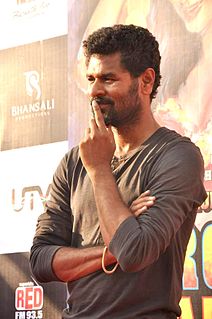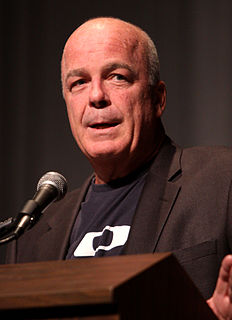A Quote by Philippa Gregory
I am in the interesting position of being sometimes skimmed by the critics and called literature and sometimes called historical fiction.
Quote Topics
Related Quotes
The whole compass of the language is tried to find sinonimies [synonyms] and circumlocutions for massacres and murder. Things never called by their common names. Massacre is sometimes called agitation, sometimes effervescence, sometimes excess sometimes too continued an exercise of revolutionary power.
It's when people come at you on Twitter and say really crazy things. That's the kind of stuff that I insulate myself from. All of that is not very interesting or helpful, but we have critics who sometimes really love us or sometimes don't, and it's really interesting for me to see what they don't like about it.
[Sacrifice of Isaac] is a major theme of the so-called Elohist [one authorial strand in the Pentateuch]. It is marked by all of his linguistic characteristics, and so on. We cannot determine what is historical and what isn't. As literary critics, we would understand the importance of this for understanding life, destiny. But the historical question must be left with a question mark.







































